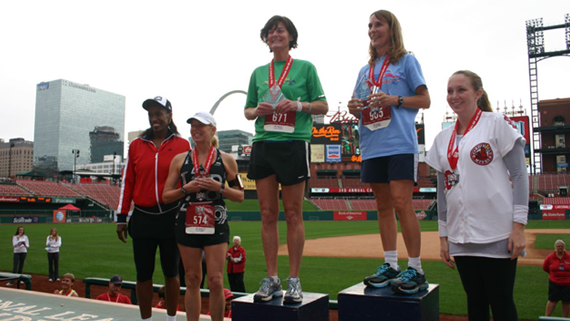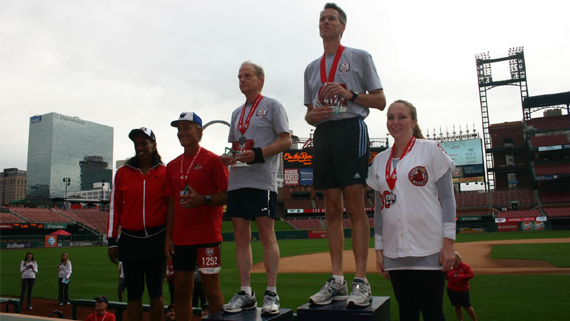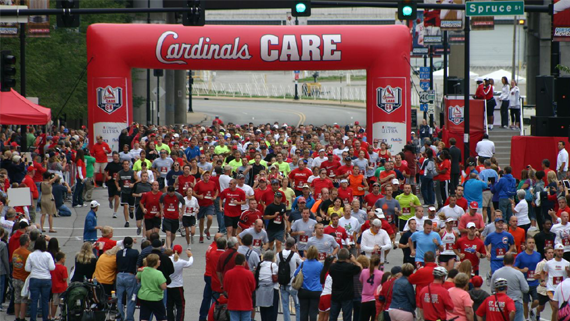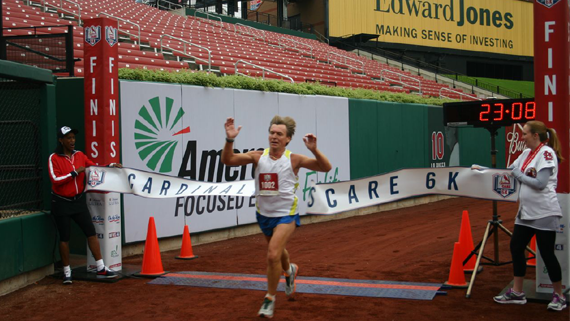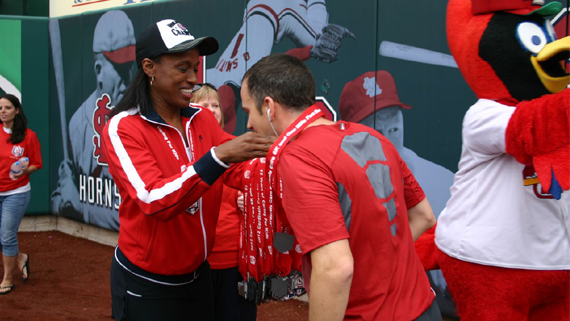One Mistake I Made Trying Intermittent Fasting
Intermittent fasting is the trendy diet strategy that’s gained a ton of traction in the weight-loss and fitness communities.
If you’ve never heard of intermittent fasting, it is very simply a restricted time frame for eating during the day. For example, a ’16:8′ ratio is an eating window in which one would fast for 16 hours and eat for 8 hours.
I recommend checking out this article if you’d like to read a little deeper into what the diet is all about.
It Isn’t Just all About Weight Loss
Numerous studies have shown that a simple fasting protocol exposes us to a wide range of health benefits, aiding with cognitive performance, metabolism, inflammation, insulin resistance, blood pressure, and weight loss. Many speculate that reducing the frequency and amount that we eat would more closely resemble the climate of our hunter-gather ancestors, that our bodies are likely more adapted to cope with provisional scarcity than abundance. I think that anyone who’s felt the urge to go for a 2 pm coffee after having lunch at the buffet would agree.
I was as obsessed with health and mental performance as I am; IF seemed promising. I had one hesitation, however. With a historically limited capacity for digesting large meals and a slightly unhealthy hang-up on body image, I was concerned that it would not be a sustainable lifestyle. I didn’t want to become unhealthily underweight.
One Meal a Day Diet
It wasn’t until a friend of mine brought up Jack Dorsey and his preference for the OMAD diet that I stopped to consider if I could ever be one of those people who ate once a day and felt amazing. Very briefly, for those of you who don’t know, OMAD is an acronym for One Meal a Day, in which one essentially intermittent fasts for 23 hours and eats for 1 hour. I began reflecting on whether the eat-anything-and-everything lifestyle bent on maintaining a masculine, muscular physique was as crucial as feeling good, energetic, and mentally sharp.
After that discussion, the persuasive voice in my head began making seemingly reasonable arguments in favor of a low-calorie diet/lifestyle. Little perks like time saved on gathering, preparing, and eating food became very exciting. There’s also the money factor. Quality food is not cheap.
I quickly became attached to the idea that it could be a big game-changer to adopt such a radical change in diet. I became more aware of the subtle slavery to my food-based impulses. Eating was more of a pleasurable habit than an actual necessity for much of what I was consuming in a day.
Suppose could remedy the constant craving. And so began my Reddit research binge, eager to discover what other people’s experiences were like with OMAD, keto, and intermittent fasting. The community consensus sounded almost too good to be true – eating once a day, feeling satiated, and having significantly increased mental clarity and energy. I was a little too excited about it. This was the beginning of a mistake I do not wish to repeat – attempting to get to one meal a day way too quickly. The excitement over the potentially life-changing benefits combined with an over-estimation of my body’s ability to handle the stress of such rapid change resulted in tragic consequences.
I didn’t consider taking a steady approach to narrowing my eating window down to 1 hour. I had more than two weeks in mind, confidence in my ability to exercise willpower in resisting hunger pangs. Even my weight loss doctor suggested to stay focused and avoid sugary foods while using any diet. My logic dictated that if I drank a cup of bulletproof coffee around 11:00 am every day, it would be enough to tie myself over without totally shocking my system.
At first, it was great. Hunger pangs were a bit tough, but I was making it through without losing my mind. I got myself eating lunch around 1:30-2, and I was able to eat larger meals all of a sudden without feeling lethargic afterward. This escalated quickly. My hunger hormones had me pounding back massive dinners, which was, of course, to be expected. Over a week and a half, my stomach started to shrink up in response to the intermittent fasting, but my hunger, unfortunately, did not seem to get that memo. I found myself ravenous at meals and would eat large portions only to find myself dreadfully, and I mean painfully, stuffed. It was extremely tough to control the urge to feast when I broke my fast. I can only speculate, but it’s hard to imagine that this wasn’t primarily due to trying to progress too quickly to adapt to my digestive tract and homeostasis.
My digestion ended up going out the window. I had terrible gas, bloating, and certain foods would cause uncomfortable reactions. It didn’t take long for my quality of sleep to become affected. I ended up getting caught in a loop of being tired, brain fogged, hungry, then bloated. This lasted weeks, and it severely impaired my quality of life. I slowly reversed myself out of it and repaired my digestion with some focus and effort, but it was not an easy or enjoyable time.
Though the experience was a good walk with adversity, it has not entirely turned me off the concept of IF or OMAD. I enjoyed the exposure to fasting and the experience of exercising my ability to ignore hunger. I can honestly say the first week was truly remarkable. The mental clarity was noticeable early on, and I’ll look to explore it again soon. It was a reminder to be respectful and patient with these kinds of processes.
My Thoughts
My advice to anyone reading this who may be interested in trying OMAD or some form of intermittent fasting would be not to test the limits of your digestive system. It can be easy to convince yourself to overdo it when breaking the fast or to push yourself when you start to see progress.
Don’t take this as a reason not to try IF, though. I believe there is something to gain from voluntarily confronting the discomfort of hunger.
If you’re thinking about trying OMAD or other higher intensity variations of IF, consider working up to it over several weeks to mitigate any adverse side-effects that aggressive fasting may induce. A consultation with a dietary specialist or physician could be advised, especially if you’re unsure about your medical situation. Be safe about it, and enjoy!

